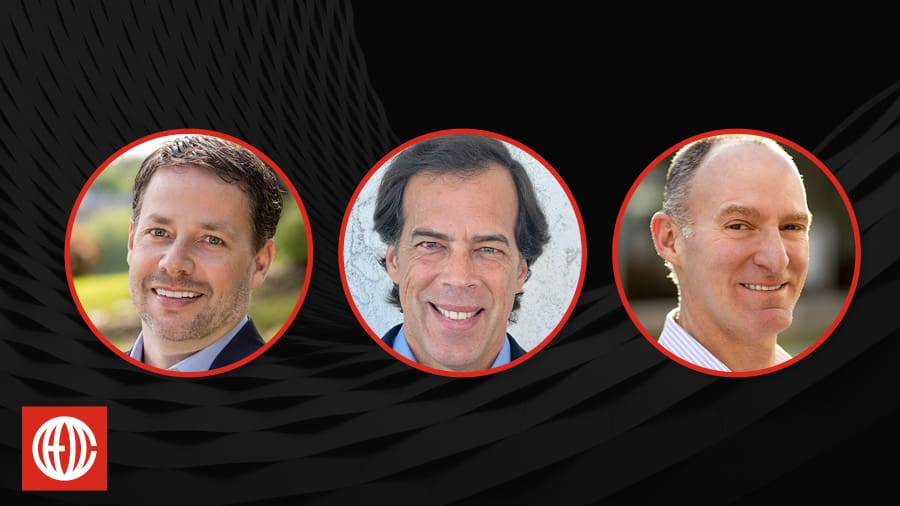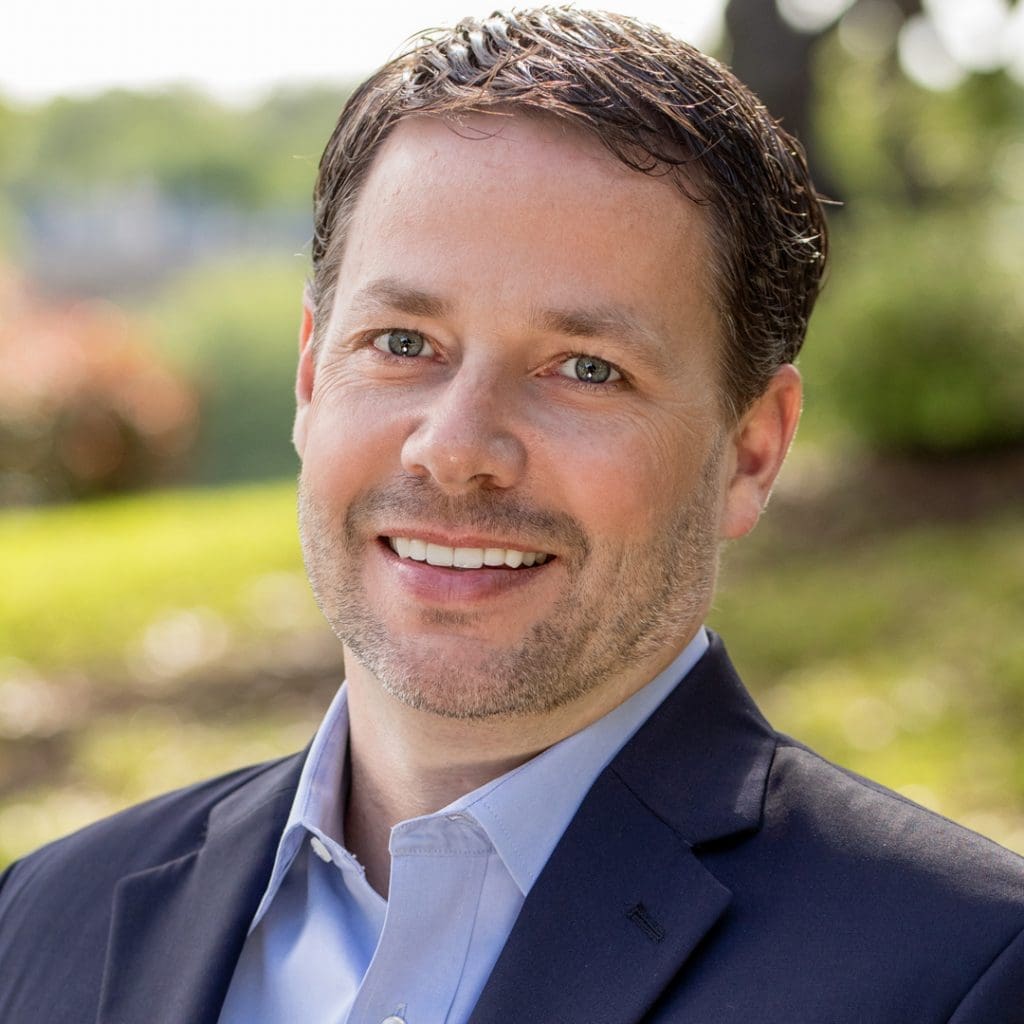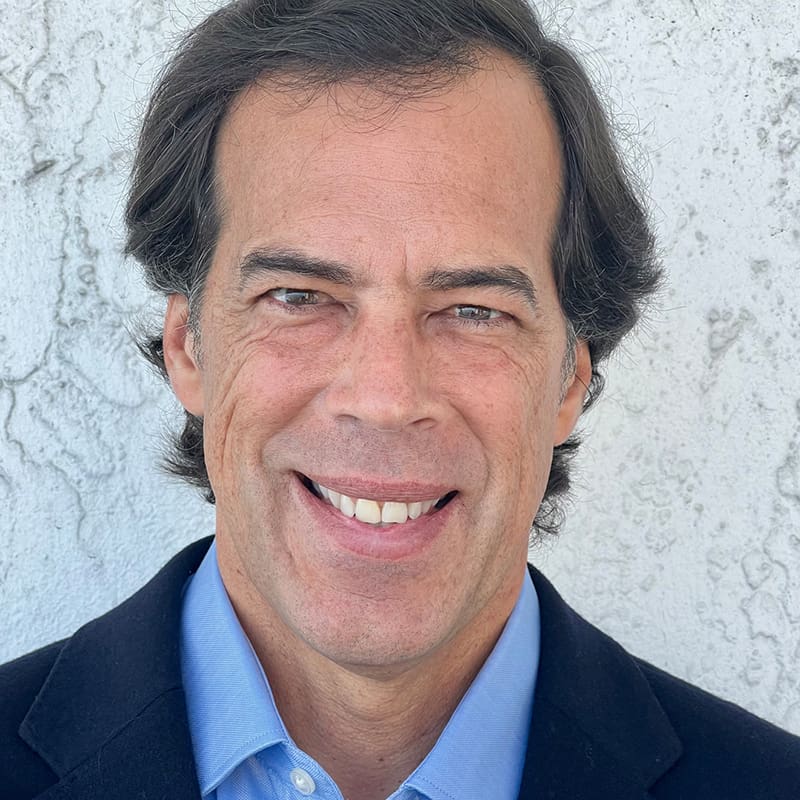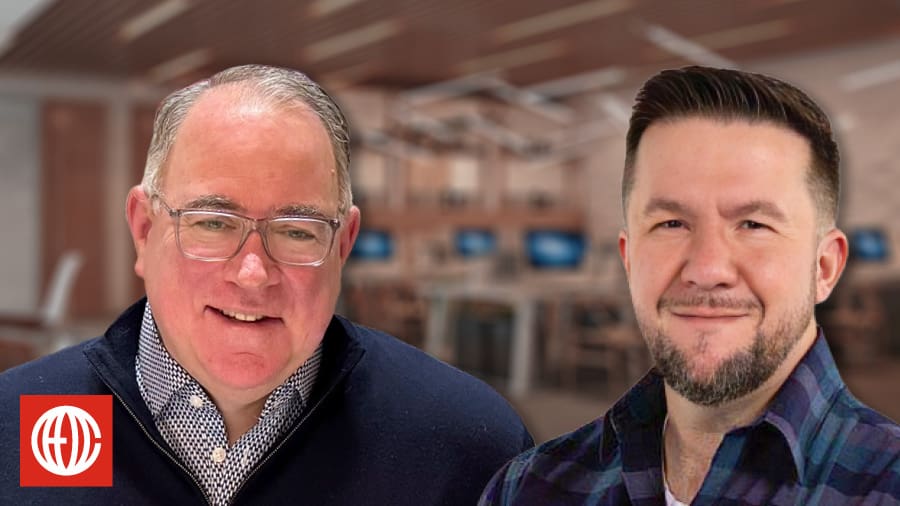
We asked some of our seasoned coaches to weigh in on the toughest decisions they’ve had to make as CEOs. The coaches also revealed what they don’t tell you about being the CEO, and the advice they’d give to their younger selves as leaders. Read on for a serious dose of inspiration andreach outto schedule time to connect with one of our been-there, done-that coaches.
The toughest decision I had to make as CEO was…

“Telling someone that the right thing for the business is that they shouldn’t be a part of it. It’s always a struggle between what you know is the right business decision and the reality of having to deliver that news to the impacted person, especially when they are a genuinely nice person. But as a leader it’s your job to put those feelings aside and do what is right for the business as a whole and move forward as respectfully and compassionately as possible.” –Ken Eissing
“The dilemma between capturing short-term opportunities and putting the future health of the business at risk.” –Mateo Romano
“Closing one of our manufacturing divisions and letting go of about 400 employees after 15 years in business.” –Francisco D’Angelo
The one thing they don’t tell you about being the CEO is…

“When hiring your team, always look for two things: (1) A great attitude and (2) Integrity. Skills can be learned, but attitude and integrity cannot.” –Francisco D’Angelo
“You tend to get brought only the issues and challenges that no one else could solve and that are critically important to the business. You will often have to make the call on how to solve these critically important issues with less than perfect information and no clear ‘right or wrong’ answer. As the CEO you need to have the courage to make these calls as that’s what a leader does.” –Ken Eissing
“You can always take time to decide, admitting not knowing the answer is not a sign of weakness.” –Mateo Romano
The advice I would give to my younger self as a leader would be…

“Ask more questions, listen, take time to think, and get a coach.” –Mateo Romano
“Learn early on what you like to do and what you are good at and find or create roles that lie at that intersection. When you are good at something and like to do it, you have a very good chance of becoming world-class at it and will get enjoyment from it.” –Ken Eissing
“There are three things: (1) Every crisis is an opportunity in disguise, (2) Company culture is thicker than blood and makes the difference with the competition, (3) The Purpose or Vision of a company will let you focus on what’s important.” –Francisco D’Angelo





